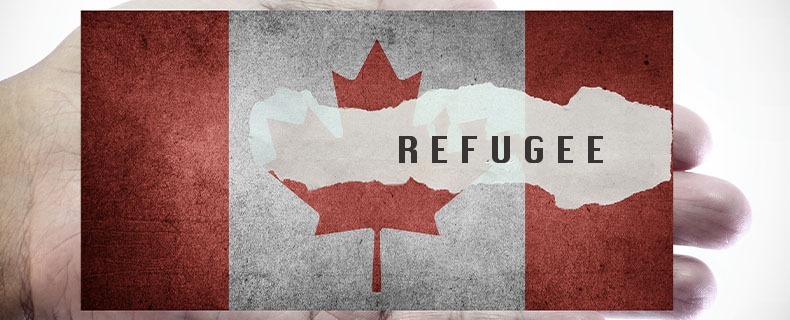
April 6, 2018
Vulnerable Status Designation for Refugee Claimants
Refugee claimants who flee their homes and make it to another country often find themselves in a particularly vulnerable state while navigating through the justice system. Understanding the legal proceedings is oftentimes difficult for most Canadians let alone refugee claimants who arrive in Canada facing language, cultural, and a myriad of other barriers. Vulnerable individuals, such as survivors of war and gender-based persecution, minors, persons with physical or mental disabilities, and LGBTI individuals, just to name a few, are in most cases required to testify at length before the Refugee Protection Division (RPD) of the Immigration and Refugee Board (IRB).
In Canada, refugee claimants who have experienced trauma and a heightened degree of psychological stress may request a vulnerable status designation pursuant to the Chairperson Guideline 8: Procedures with Respect to Vulnerable Persons Appearing Before the IRB (“Guideline 8”). The IRB defines vulnerable persons as “individuals whose ability to present their cases before the IRB is severely impaired.” The purpose of Guideline 8 is to afford further protection to vulnerable refugees who are ill-equipped to give coherent testimony to establish their claims. The onus is on the claimant to prove to the IRB that they are in fact a vulnerable person, and this must be done at the earliest opportunity in the refugee determination process. After a request has been made, procedural accommodations may be granted that include but are not limited to:
- Priority scheduling or creating a more informal setting for a hearing;
- Excluding non-parties from the hearing room;
- Allowing a support person to participate in a hearing;
- Allowing the person’s lawyer to proceed first;
- Providing a panel and interpreter of a particular gender;
- Varying the order of questioning;
- Allowing the vulnerable person to provide evidence by videoconference or other means.
The IRB suggests to provide expert evidence such as medical reports, psychiatric or psychological assessments to help identify a vulnerable person. It is important to keep in mind that a vulnerable status designation by the IRB does not confirm the IRB’s opinion as to the merits of the case as such a determination will be made by an RPD panel at the day of the hearing. Nonetheless, the same evidence if relevant to the claim can be presented at the hearing and it is up to the RPD panel to decide on its probative value.
